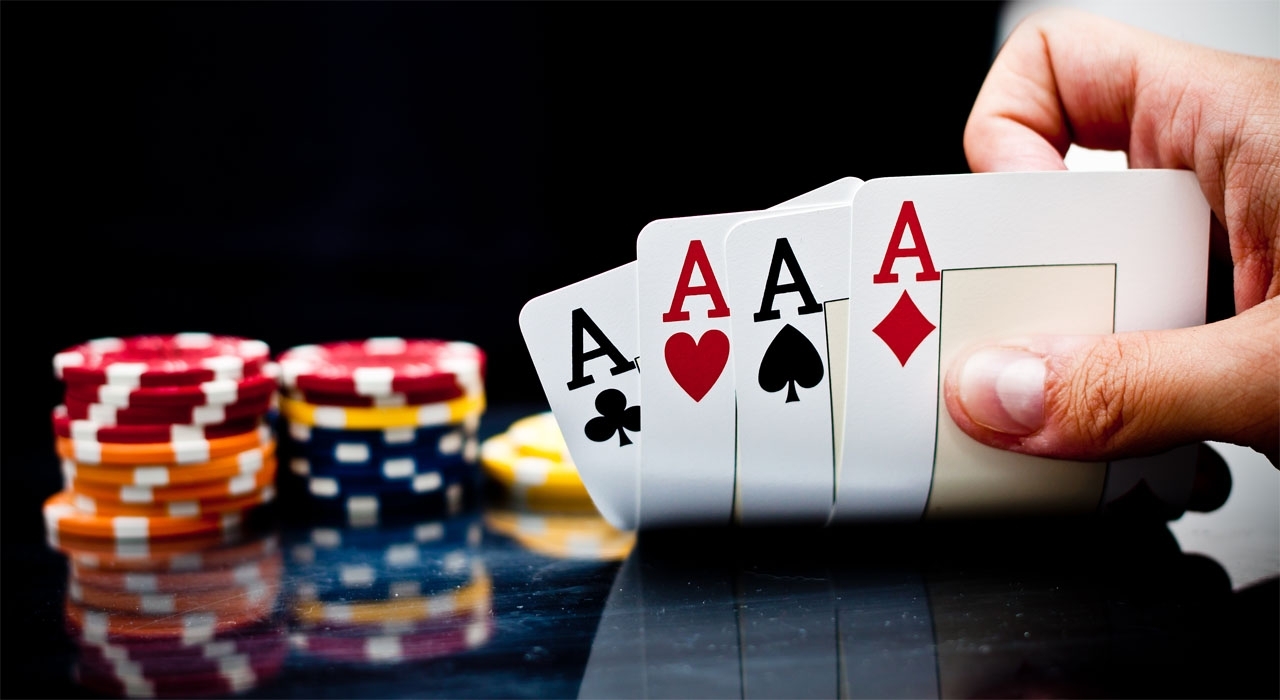It was poker that was first played in European and American casinos, then in poker clubs. How to learn how to play poker professionally and win is taught in special schools, where beginners learn the theory and practice of the game under the guidance of experienced mentors who once became winners of world tournaments.
Everyone can realize their talent in this card game, regardless of gender and age, social status, prevailing worldview. Let’s start small – learn poker for beginners.
Today, in order to learn how to play poker from scratch, there is no need to become a member of a pretentious poker club or go to a casino.
It is enough to buy a poker set and find like-minded people who are not averse to playing poker with chips, learn how to bluff “like an adult”, get your adrenaline rush without the risk of losing seriously in a real or virtual casino.
How to play poker: game rules, examples, recommendations
The rules of poker are directly dependent on the chosen type of card game. As mentioned earlier, the most popular version of poker today is Texas Hold’em, which we will focus on, superficially touching on other varieties of card tables.
Trading in poker

The game of poker for beginners usually does not involve high stakes, because the primary goal of the participants is to master the rules of the game of poker, learn how to cheat in poker, since the “best hand” does not always win during the gameplay.
With a certain amount of luck and well-developed ingenuity, you can win even with not the best combination of cards. At the same time, in order to understand how to play poker correctly in order to win, it is worth taking care of the bank.
Limit and no-limit poker: how to understand?
When preparing material on the rules of poker for beginners, we could not ignore this issue. Depending on the amount of bets available to players, the same game can be played under the following conditions:
- Limit – fixed rates; “raise” is also necessary, taking into account a fixed rate.
- Pot Limit – bets from the minimum to the current amount that is in the bank.
- No-limit – there are no conditions for the size of bets in the game; the player can make a minimum bet or, on the contrary, increase it to the size of his own “stack”.
Poker betting rules
During the game, each player gets the opportunity to bet (“bet”):
- Call or call the opponent’s bet (“call”).
- Bet all the money (play “all-in”).
- “Smother” opponents with a larger bet (“raise”).
- Discard cards (“fold”), thereby declaring the exit from the game.
- Leave the blind bet “as is” (“check”).
The betting circle is considered closed when all participants have decided and performed the action (bid, discard cards). During each hand, several rounds of betting can take place.
What is a blind in poker? The button (“dealer”) deals cards in a clockwise direction. Before the distribution, the player sitting to the right of the button posts the small blind, the next – the big blind. From these receipts, an initial bank is formed, which later becomes a prize for the winner.

Learning to play poker: the main points (stages) of the game
Preflop is a stage that is present in every hand. The blinds make mandatory bets, after which the players receive 2 “pocket cards”. Only those participations that during one or more rounds of betting have supported or placed bets remain in the game.
The flop is the moment when three community cards are dealt, after which the next round of betting begins. At this stage, since the player usually knows 5/7 of the total number of cards and one or another combination can already be made from them, many participants prefer to make very solid bets.
The turn is the stage of laying out the 4th community card. Participants either go all-in or make the lowest possible bets. Players freeze in anticipation of the last card on the table. If someone decides to go all-in, then the chances that other participants will support the bet become very low.
River – at this stage, the players already clearly understand what they can claim. Mathematics and psychology play an important role in Hold’em poker. If among the participants there were those who supported the previous bet, after receiving the fifth card to determine the winner, all those remaining in the game reveal their cards.
Sitting down at the poker table, you should understand that even if you are 100% sure that you know the rules of the poker board game and have already learned the intricacies of the strategy, there is no universal algorithm for how to win at poker. The result of the game depends not only on the level of skill and experience of the player, but also on the type of opponents.
